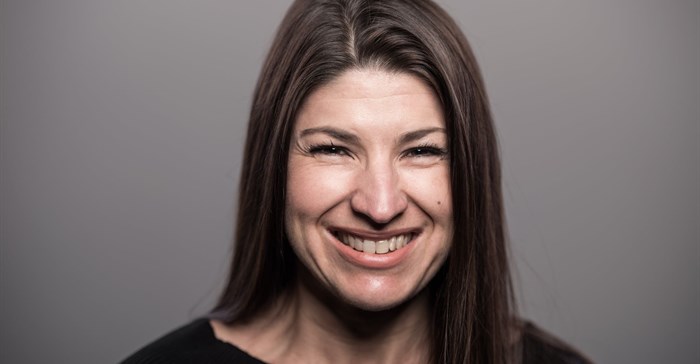In an information-saturated world, understanding how to connect with your audience can be a difficult task for any brand.

Image supplied: Giuliana Dias, the senior director of research and insights at Paramount Africa
Giuliana Dias, the senior director of research and insights at Paramount Africa, understands that research is an integral and important part of acquiring this knowledge.
We spoke with her to find out more about her work, how research makes a difference for companies and what the world of media looks like for women right now…
What was your career journey like up to this point?
Having started my career in media research 24 years ago at the SABC, I worked my way up the ranks. Throughout my career, I have provided full qualitative/quantitative research consulting services to various vendors with a focus on media and content projects.
I’ve also focused on conceptualising and executing research design, expediting project management, data analytics and translating the data into easy-to-understand presentations. One thing that has helped me a lot is the great relationships I have built with content providers and broadcast.
Tell us a bit more about your work
I lead and support all African functions from an analytical perspective. This includes departments such as content, studios, marketing, platforms, brands and the commercial division.
The work my team and I do helps to drive strategic decisions and initiatives for African businesses. In addition to that, I lead and develop the overall roadmap for research and insights for our streaming services to support Paramount International.
You successfully incorporate data and analytics for strategy in the media industry. What is your process for using data to understand the most effective strategy?
Research is the most important and significant part of acquiring knowledge. A focus on a specific strategy depending on the goal is what makes an effective project. Paramount is one of the few companies that has a scaled theatrical business, a broadcast television business, a cable television business, a free streaming service, and a pay streaming service. This amazing portfolio allows us to maximise the value of content across many different distribution channels.
We live in a digitally driven world - how has this change affected how you work with data over your 24-year career?
Our world is being remade by technology at an increasing rate, and that’s exciting! Just as technology shrinks the world and democratises information, it is also reshaping how we learn and how we consume information. This digital shift has affected my work with data tremendously. The methodology of collecting and analysing data has also transformed dramatically over the past two decades.
The pace and ease of information sharing in today’s world has kept the research industry on our toes. With the sheer amount of information out there, having a solid research team helps businesses cut through the clutter, sift through the nonsense and answer real business problems.
On the upside, because research is experiencing a high-tech makeover, human error has been reduced and data collection is much quicker and smarter which makes our job a little easier than it used to be.
What kind of data and research is most important or useful to your work and coming up with strategies?
The kind of research I do revolves around media and content production projects. My role is to provide insightful research that drives business performance and consumer knowledge. For instance, two of my recent research projects, not only spoke to Paramount Africa but to the general public.
The Kidfluence project spoke to how children influence their parents’ decision-making processes when making certain purchases and Reflecting Me: Representation on Screen looked at how various communities of people are represented on screens and behind the scenes.
In terms of the most important or useful research for my work, it all depends on my research goal, it depends on what subjects or topics I need to study. The reason for this is that one particular research method could be better suited for certain research goals compared to others. These days it’s not difficult to get your hands on a lot of data, how you analyse it and chop it up is the tricky part!
What, in your opinion, is the position of women in the media industry looking like at the moment?
Like in many industries, the media industry still has a long way to go in terms of female representation in key roles. Women are still under-represented in media ownership, production, and in decision-making positions.
The industry is being held to account by people within and outside of it, and crucially is re-thinking how to adapt and create positive change for the future.
With that being said it is clear that the media must change how it portrays the world, but who can change the industry itself? When misrepresentation on screen is still a reflection of the general public. Sadly, the reality surrounding inclusion and fair representation of women in the industry requires a mind shift from everyone in the industry.













































